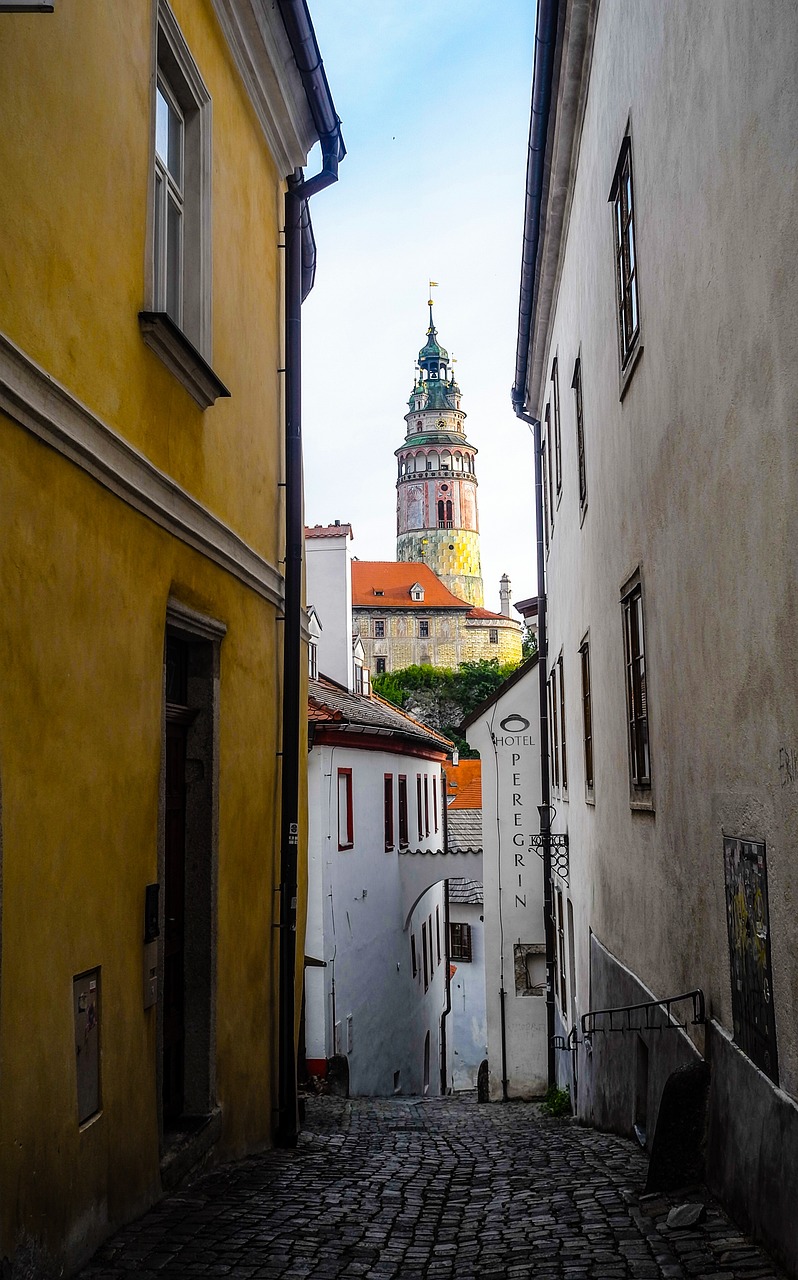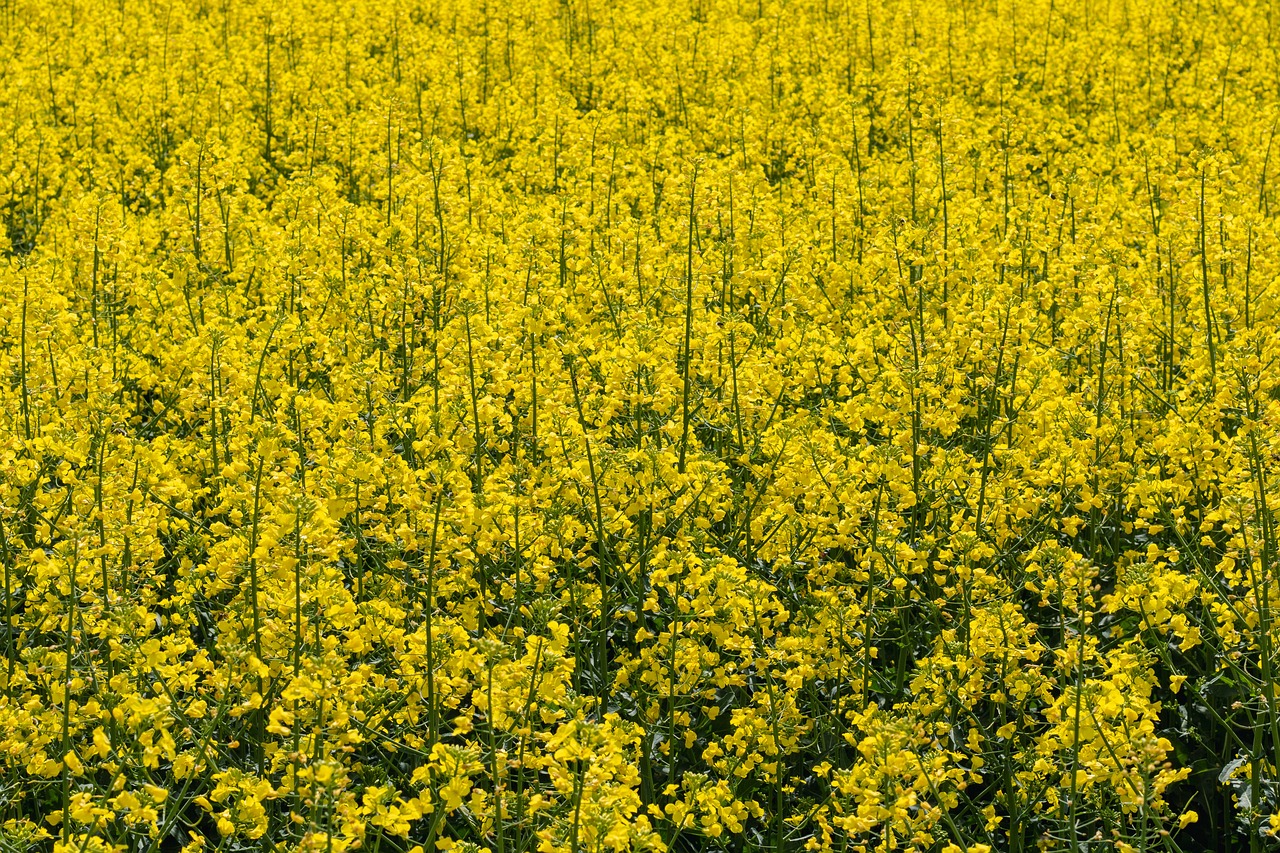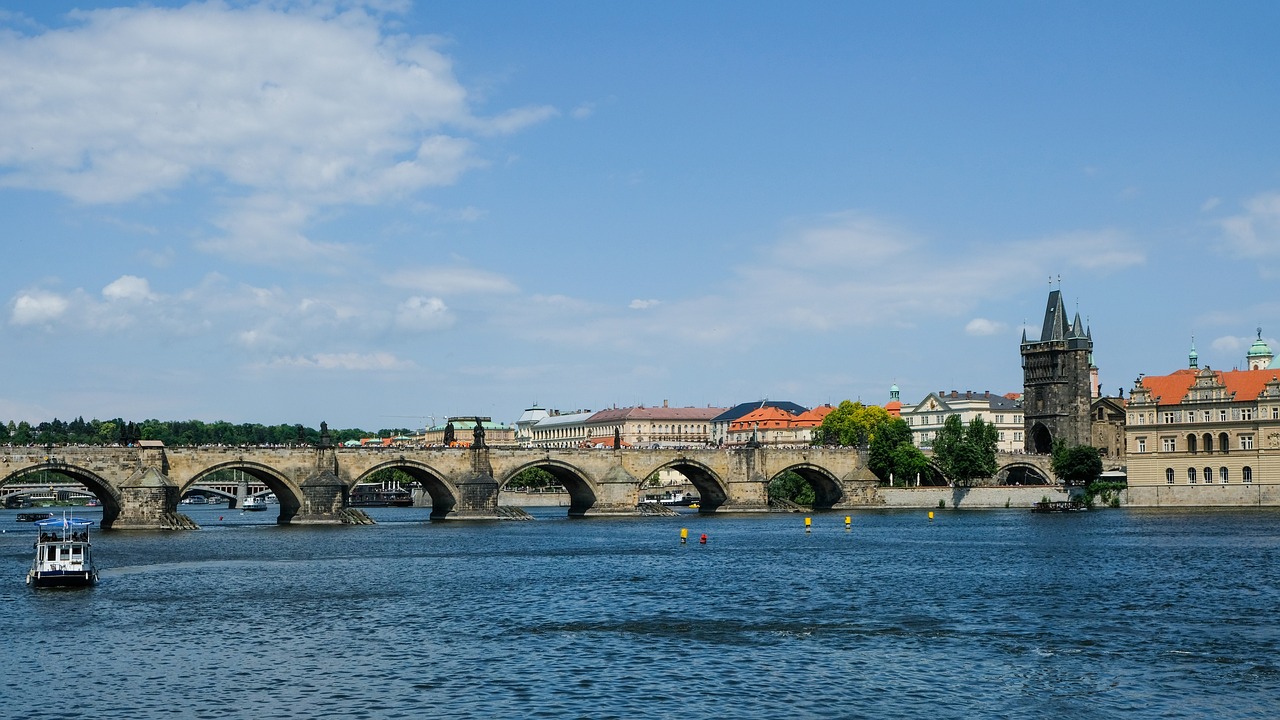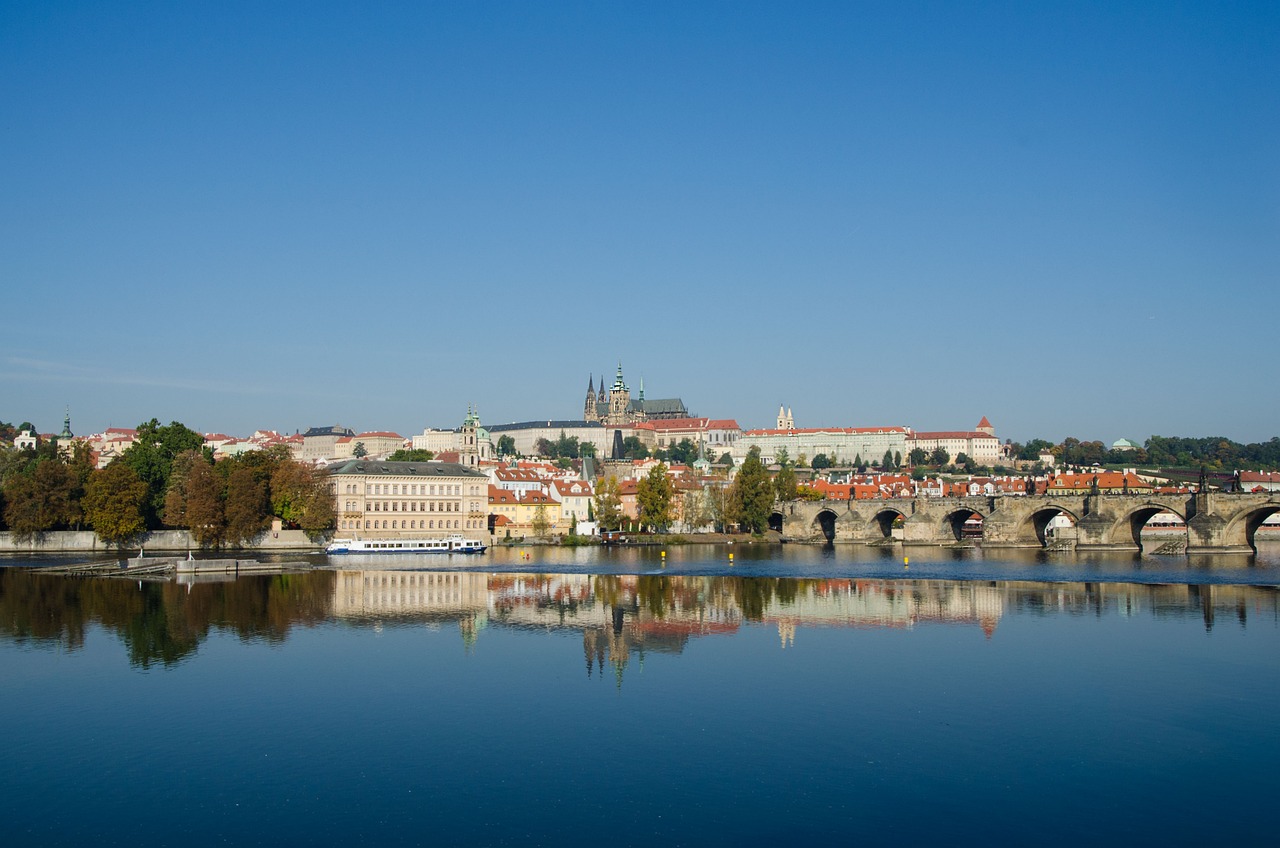Local Celebrations and Holidays: What to Expect in Moldova
Moldova, a small landlocked country in Eastern Europe, is known for its rich cultural heritage and diverse traditions. The locals take great pride in their customs and celebrate a variety of festivals and holidays throughout the year. From religious observances to national commemorations, Moldova offers a unique and vibrant experience for both locals and visitors. In this article, we will explore some of the most significant celebrations and holidays in Moldova, providing you with insights into what to expect during your visit.
Christmas and New Year
- Christmas Eve: On December 24th, Moldovans celebrate Christmas Eve, known as “Ajunul Crăciunului.” Families gather for a festive meal, which typically includes traditional dishes such as sarmale (stuffed cabbage rolls) and cozonac (sweet bread with nuts and raisins). The evening is filled with carol singing and attending the midnight church service.
- Christmas Day: December 25th is a public holiday in Moldova. Families attend church services and exchange gifts. It is a time for feasting, visiting relatives, and enjoying the festive atmosphere.
- New Year’s Eve: Moldovans bid farewell to the old year and welcome the new year with great enthusiasm. Festivities include fireworks, concerts, and festive dinners. Many people gather in the central squares of cities like Chișinău to celebrate and watch the countdown.
Easter
- Good Friday: Moldova is predominantly Orthodox Christian, and Good Friday is an important observance. Churches hold religious services, and many people fast throughout the day.
- Easter Sunday: Easter is one of the most significant holidays in Moldova. Families gather to celebrate the resurrection of Jesus Christ. Traditional Easter eggs, painted in vibrant colors and patterns, play a central role in the festivities. People engage in egg tapping games, where two individuals try to crack each other’s eggs. The person with an uncracked egg is believed to have good luck for the year.
Mărțișor
- Mărțișor: Celebrated on March 1st, Mărțișor marks the arrival of spring. It is a traditional holiday where people exchange small trinkets called “mărțișoare.” These trinkets are typically red and white, symbolizing health and good fortune. The tradition involves wearing the mărțișor pin throughout the month of March.
Independence Day
- Independence Day: On August 27th, Moldova celebrates its independence from the Soviet Union, which was declared in 1991. The day is marked with various events, including parades, concerts, and fireworks. It is a time for reflection and pride in the country’s history and achievements.
Wine Festival
- Wine Festival: Moldova is renowned for its wine production, and the Wine Festival held in early October is a testament to this. The festival showcases the country’s diverse wine culture, offering visitors the opportunity to taste a wide range of local wines. The event features traditional music, dance performances, and exhibitions of winemaking techniques.
Harvest Festival
- Harvest Festival: Celebrated in September, the Harvest Festival, or “Sărbătoarea Recoltei,” pays tribute to the agricultural heritage of Moldova. It is a time to give thanks for a bountiful harvest. The festival includes traditional dances, folk music performances, and various agricultural exhibitions.
International Women’s Day
- International Women’s Day: March 8th is a public holiday in Moldova, dedicated to celebrating women’s achievements and contributions. It is a day to honor mothers, sisters, wives, and friends. Flowers and small gifts are often given to women, and special events are organized throughout the country.
Language Day
- Language Day: On August 31st, Moldova celebrates its language and linguistic diversity. The day highlights the importance of the Romanian language, which is the official language of Moldova. Various cultural events, including poetry readings and language-related competitions, take place across the country.
References
- Gypsy Warrior: gypsywarrior.com
Moldova Image 1:

Moldova Image 2:

Moldova Image 3:


